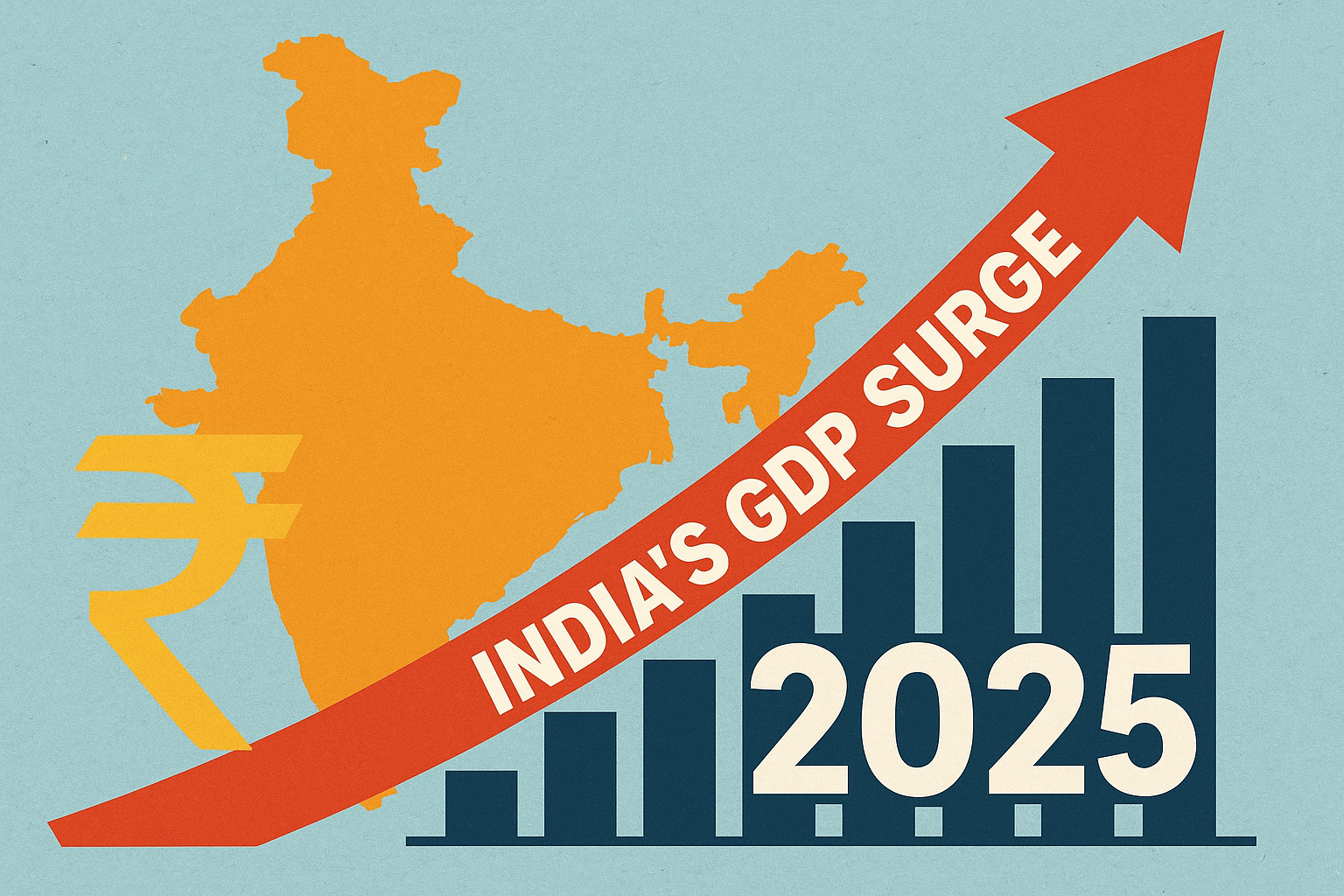
Source: Freepik
Table of Contents
Wondering how to turn your financial situation around in your 30s? Uncover strategies that can transform your approach to investing in your 30s and wealth building.
Think it’s too late to start investing in your 30s? Think again. This decade is your golden window to not plan for the future but to shape it. Whether you’re aiming for a home, a solid retirement, or financial peace of mind, now’s the time to get serious.
We’ve put together this guide to make investing in your 30s simple and clear, giving you the tips you need to build a solid financial base. Ready to make your money work for you? Let’s get started.
The importance of investing in your 30s
First of all, one cannot undervalue the power of compounding. Investing in your 30s gives you a longer investing period to grow and take advantage of the compound interest effect. This is when the money you invest yields returns, and those returns generate more returns, creating exponential growth.

Source: Unsplash
Moreover, your 30s are often a period of career advancement. With a solid foundation of professional experience, you’re likely earning more than you did in your 20s. This extra revenue offers a fantastic chance to expand your assets without sacrificing your way of life.
The extended investment horizon before retirement is an extra benefit of starting to invest in your 30s. This period enables you to explore high-risk, high-return options, which can increase the growth potential of your portfolio.
Besides, your 30s are the decade when big life decisions like purchasing a house, beginning a family, or even launching your own company start to take shape. You can match your financial resources with these objectives by making sensible investments, which will guarantee you have the money on hand when you need it.
Tips for investing in your 30s
Investing in your 30s is crucial for establishing a strong financial foundation.
These useful pointers can help you confidently traverse this important decade:
● Determining future expenditures
When you’re in your 30s, start thinking about future costs that can affect your finances, such as property ownership or children’s education. Comprehending these possible expenses is essential to developing a successful investment plan. It’s about making educated guesses about significant life events and preparing financially for them.
● Becoming debt-free
At this point, paying off debt is crucial. Pay off high-interest obligations first, such as credit card debts, then mortgages and auto loans. Reducing debt enhances your financial situation and frees up more of your income for investments.
● Planning for retirement
Your 30s are a prime time to ramp up retirement savings. With decades of work ahead, a mix of investments including stocks, bonds, and mutual funds can offer both growth and stability. Consider diversifying your portfolio to balance potential risks and returns, keeping an eye on long-term retirement goals.
● Investing in insurance
Consider your insurance requirements in addition to those that your employer may provide. Acquiring health insurance early on can help maintain lower costs, and comprehensive coverage is essential. It is important to thoroughly go over your coverage options to make sure you have enough insurance to protect your future finances from unforeseen issues.
● Establishing an emergency fund
Establishing an emergency fund serves as a safeguard against unforeseen costs such as car repairs or hospital expenditures. Try to save enough money for three to six months’ worth of expenses per month. This money is necessary to keep things stable financially and to stay out of debt during rough times.
Investment options to consider
Making wise investment decisions and creating a solid financial portfolio are essential for navigating your 30s. Here’s a look at diverse options that blend safety, stability, and growth potential for your investment strategy.

Source: Freepik
● Public Provident Fund (PPF) for safety
A PPF account is a secure, long-term investment that offers tax benefits under the Exempt-Exempt-Exempt (EEE) model. Ideal for investing in equities, it helps diversify your portfolio. With any bank or post office, it’s a solid choice for those looking ahead.
● Fixed-Income Schemes for stability
Options like the Sukanya Samriddhi Yojana and fixed deposits provide low-risk investment avenues. They offer capital protection, tax advantages, and steady interest income, making them a reliable part of a balanced investment strategy in your 30s
● Direct Equity for potential high returns
Investing in your 30s directly in the stock market can offer significant inflation-adjusted returns over the long term. Diversifying across sectors and time frames can help manage risk. New investors should consider seeking advice from financial advisors to navigate the volatility of direct equity investments wisely.
● Debt Funds for consistent earnings
Debt funds are ideal for those in their 30s looking for steady returns with lower risk than equities. Investing in your 30s in corporate bonds, treasury bills, and other money market instruments offers a balance of safety and income, suitable for a mid-term investment
● National Pension Scheme (NPS) for retirement
The NPS is a low-entry-cost, government-backed retirement saving scheme that offers tax advantages and flexibility in investment choices. With contributions deductible under section 80 CCD, it’s a smart way to build retirement savings in your 30s, supplementing other retirement investments.
Conclusion
Investing in your 30s is a smart move that sets you up for a comfortable future. This time in your life is perfect for making informed choices that will pay off down the line. It’s not about catching up; it’s about moving forward with purpose. Your 30s offer the chance to take advantage of your growing financial stability and to start making your money work harder for you.
The secret? Focus on setting clear financial goals, whether it’s reducing debt or saving for retirement. Diversifying your investments across various platforms, like savings, stocks, and pensions, reduces risk.
DISCLAIMER: This article is not meant to be giving financial advice. Please seek a registered financial advisor for any investments.
- Make in India 2.0: How Manufacturing Is Reshaping Market Sentiment - December 13, 2025
- Real Estate Boom : Why Tier-2 Cities Are Attracting Big Investors - December 12, 2025
- India’s GDP Surge 2025: What the New Growth Numbers Mean for Markets - December 9, 2025





